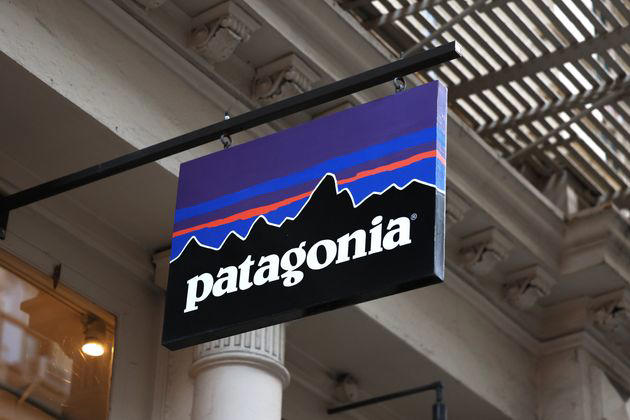The case of Patagonia’s response to the unionization efforts at its Reno store presents a departure from the typical anti-union tactics employed by many American companies. Unlike other companies that engage in tactics like “captive audience” meetings or management pressure to discourage unionization, Patagonia remained neutral throughout the process. According to the United Food and Commercial Workers (UFCW), Patagonia’s management neither opposed nor supported the unionization efforts, allowing the workers to make their decision freely.
Nick Helmreich, a worker at the Reno shop, expressed appreciation for Patagonia’s neutral stance, contrasting it with the tactics employed by other seemingly progressive companies like REI and Trader Joe’s. Patagonia’s neutrality during the unionization process reflects its commitment to democratic principles and allowing its employees to have a voice in shaping their future.
Patagonia spokesperson Corley Kenna emphasized that the company’s approach to the unionization process aligns with its values, stating that it was important for Patagonia to ensure that its actions reflected its commitment to democratic participation. Kenna highlighted Patagonia’s history of using its brand and business to promote engagement in democratic processes, indicating that the company wanted the Reno team to have a say in the decision-making process regarding unionization.
Overall, Patagonia’s response to the unionization efforts at its Reno store is seen as a positive example of a company respecting its employees’ rights and allowing them to make their own choices regarding union representation.
The comparison drawn between Patagonia and other companies like Starbucks, REI, and Trader Joe’s highlights the differences in their approaches to unionization efforts. While workers at these companies have criticized their employers for discouraging unionization despite claiming to uphold certain values, Patagonia’s response has been notably different.
Patagonia, founded by Yvon Chouinard, a prominent figure in climbing and conservation, has cultivated a progressive reputation through its stances on various social and environmental issues, including climate change and abortion rights. This reputation has often aligned with the company’s actions and advocacy on these fronts.
The fact that Patagonia did not engage in tactics to discourage unionization during the election period suggests a commitment to maintaining its progressive values, even in the face of organizational challenges. While it remains to be seen how Patagonia will approach bargaining with the newly formed union, the company’s decision not to influence workers’ voting decisions indicates a level of respect for their autonomy and rights in the unionization process.
Nick Helmreich’s statement underscores the contrast between Patagonia’s approach and that of other employers, noting that Patagonia did not abandon its progressive values during the unionization process. This suggests that, regardless of future negotiations, Patagonia’s stance during this period may have positive implications for its relationship with its workers and its broader reputation as a socially responsible company.
